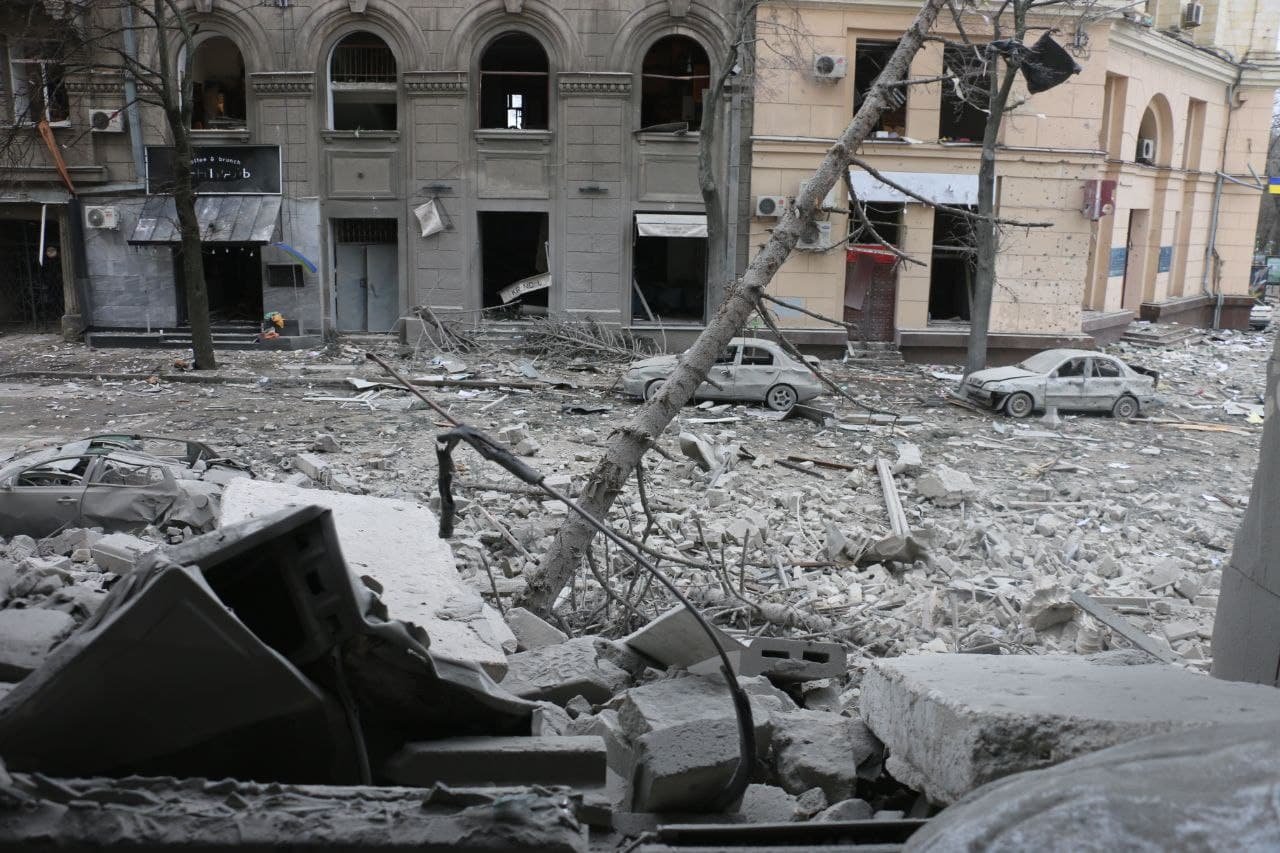
Hundreds of civilians have been killed in the Ukrainian city of Kharkiv by indiscriminate Russian shelling using widely banned cluster munitions and inherently inaccurate rockets, Amnesty International said June 13. A new report, entitled ‘Anyone Can Die at Any Time’, documents how Russian forces have shelled residential neighborhoods in Ukraine’s second largest city almost daily since the start of the invasion, causing “wholesale destruction.” Amnesty found evidence of Russian forces repeatedly using 9N210 and 9N235 cluster munitions as well as scatterable mines, both of which are subject to international treaty bans because of their indiscriminate effects.
“The repeated use of widely banned cluster munitions is shocking, and a further indication of utter disregard for civilian lives,” said Donatella Rovera, Amnesty’s senior crisis response adviser. “The Russian forces responsible for these horrific attacks must be held accountable for their actions, and victims and their families must receive full reparations.”
The director of the medical department at the Kharkiv Regional Military Administration told Amnesty International that 606 civilians had been killed and 1,248 injured in Kharkiv oblast since the conflict began. Most of the strikes investigated by Amnesty inflicted multiple casualties over widespread areas.
While Russia is not a party to either the Convention on Cluster Munitions or the Convention on Anti-Personnel Mines, international humanitarian law prohibits indiscriminate attacks, and the use of weapons that are indiscriminate by nature. Indiscriminate attacks resulting in death or injury to civilians, or damage to civilian infrastructure, constitute war crimes. (Amnesty International)
Amnesty first reported Russian use of cluster munitions in Ukraine in early March. Russia is also accused of having widely used cluster munitions in Syria.
Both the International Criminal Court and UN Human Rights Council have opened investigations into possible war crimes in Ukraine.
Photo: Wikimedia Commons




